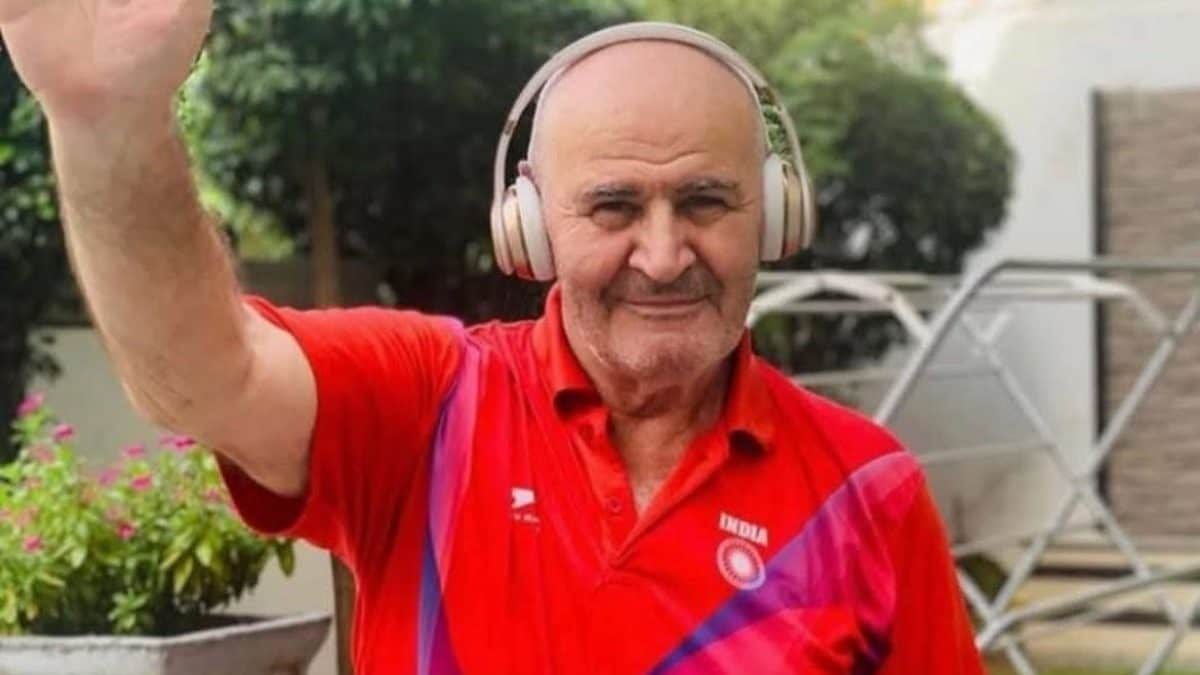

The world of Indian wrestling is mourning the loss of Vladimir Mestvirishvili, the Georgian coach who is widely regarded as the architect of India's resurgence in the sport. He passed away on Monday, June 23, 2025, at the age of 69 due to age-related illness. Mestvirishvili's contribution to Indian wrestling is immeasurable, and he leaves behind a legacy of champions and a lasting impact on the sport in the country.
Mestvirishvili, fondly known as "Laado," took charge of the Indian national wrestling team in 2003. Before coming to India, from 1982 to 1992, he coached the Georgian team, which was then part of the Soviet Union, where he mentored many world and European champions. When he arrived in India, wrestling was described as "next to non-existent." For nearly two decades, he dedicated his life to transforming the landscape of Indian wrestling, turning young, untested wrestlers into Olympic medalists.
His most notable disciples include Sushil Kumar, Yogeshwar Dutt, Bajrang Punia, and Ravi Dahiya, all of whom credit him with playing a pivotal role in their success. Mestvirishvili's deep technical knowledge, Soviet-style discipline, and ability to identify talent early made him a revered figure among athletes and coaches alike. He coached World Championship medalists like Deepak Punia during his formative years. Under Mestvirishvili's guidance, Sushil Kumar and Yogeshwar Dutt qualified for the Athens Olympics in 2004, which marked the beginning of India's rise in international freestyle wrestling. In all, he guided four Indian wrestlers to Olympic medals.
Wrestlers remember that Mestvirishvili never opposed the traditional Indian style of mud wrestling. Instead, he seamlessly blended it with the modern techniques he had mastered through decades of experience across Eastern Europe and beyond. He taught a generation of Indian wrestlers how to fight, how to win a point, and how to defend. He focused on technique and taught the wrestlers "everything from scratch".
After the Wrestling Federation of India (WFI) discontinued his contract following the Rio Olympics in 2016, citing his age and 'archaic' coaching methods, he moved to the iconic Chhatrasal Stadium in Delhi. He stayed in a rented apartment and continued producing champion wrestlers. Even after parting ways with the Indian national team in 2017, he was brought back by Sushil Kumar to Chhatrasal Stadium in Delhi to mentor a new generation of stars like Ravi Dahiya, Deepak Punia and Commonwealth Games bronze medallist Divya Kakran.
Bajrang Punia said, "Today, our standing in world wrestling is respectful because of him. He dedicated his life, at least the last two decades of his life, to Indian wrestling." Yogeshwar Dutt added that Vladimir Mestvirishvili taught them how to fight.
Mestvirishvili's legacy extends beyond the medals and accolades. He instilled a sense of discipline, technique, and fighting spirit in his students, shaping them into not just successful wrestlers but also well-rounded individuals. His contributions will be remembered for years to come, and his absence will be deeply felt by the Indian wrestling community.